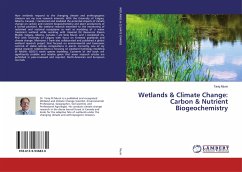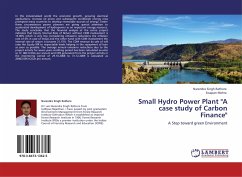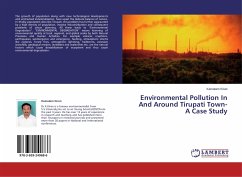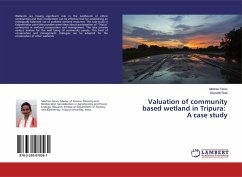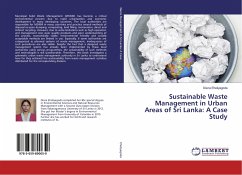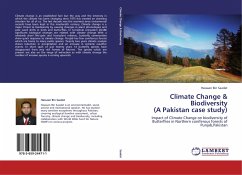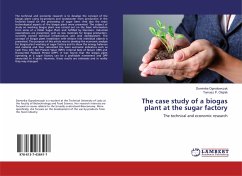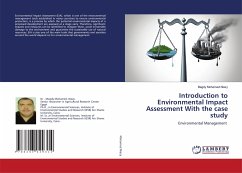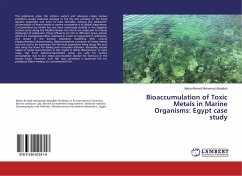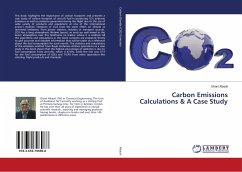
Carbon Emissions Calculations & A Case Study
Versandkostenfrei!
Versandfertig in 6-10 Tagen
47,99 €
inkl. MwSt.

PAYBACK Punkte
24 °P sammeln!
This book highlights the importance of carbon footprint and presents a case study of carbon footprint of aircraft fuel in producing CO2 airborne emissions as well as emissions generated during the flight due to the use of wide variety of products and equipment at one of the international airport. Aviation emissions of CO2 have the same effect on climate as terrestrial emissions, from power stations, industry or transport sources. CO2 has a long atmospheric lifetime (years), so ends up well mixed in the lower atmosphere over this timeframe no matter where it is emitted. All the algorithms and c...
This book highlights the importance of carbon footprint and presents a case study of carbon footprint of aircraft fuel in producing CO2 airborne emissions as well as emissions generated during the flight due to the use of wide variety of products and equipment at one of the international airport. Aviation emissions of CO2 have the same effect on climate as terrestrial emissions, from power stations, industry or transport sources. CO2 has a long atmospheric lifetime (years), so ends up well mixed in the lower atmosphere over this timeframe no matter where it is emitted. All the algorithms and calculations in the book contents are prepared strictly to give accurate and valuable information that will be taken as a reference about the fuel consumption for each month. The statistics and calculations of the emissions emitted from Royal Jordanian Airlines operations as a case study in this book shows that the highest percentage of pollution is due to fuel consumption from aircrafts, which is 47.6%, while the rest was 37.5 for the fuel consumption of GSEs and 14.9% from other operations like catering, flight products and chemicals



